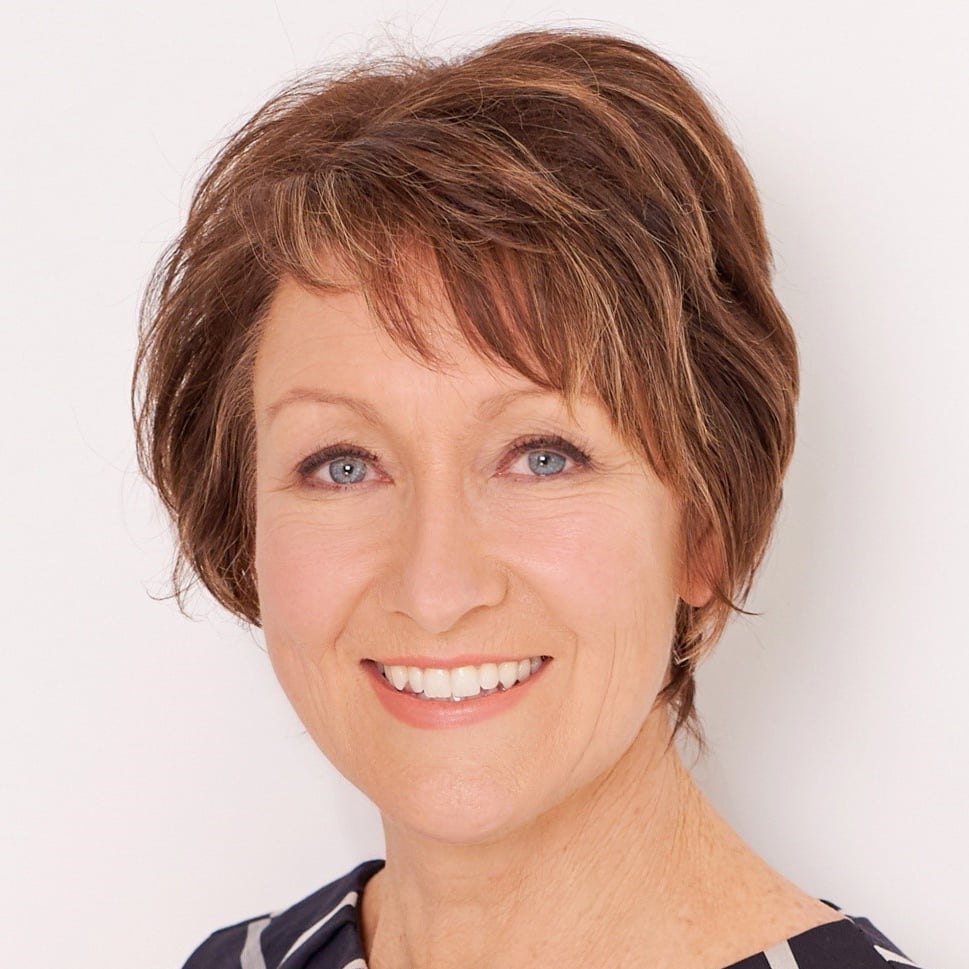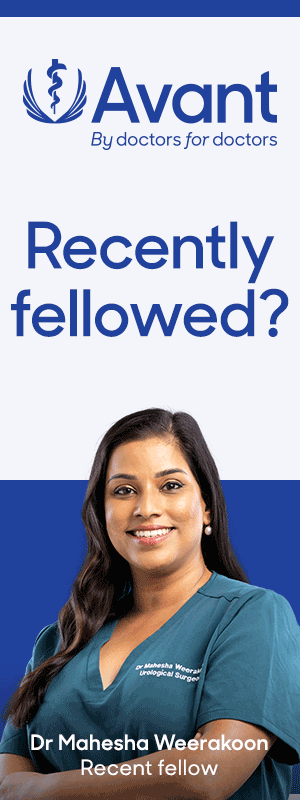Have you ever wondered how RANZCOG goes about decision-making? With this series, we hope to shed some light on our governance processes and, most importantly, the individuals behind them.
First things first: RANZCOG is governed by a seven-member Board who are the directors of the College. The Board manages the financial, legal and business operations of the organisation and is supported in its activities by the Council and a range of committees. In turn, the RANZCOG Council has general oversight of the policy and strategic planning of the College and meets three times a year (generally in March, July and November) at College House in Melbourne, Australia.
The Council comprises the members of the Board, 22 Councillors representing each region of Australia and New Zealand, the Immediate Past-President, Chair of the GP Obstetrics Advisory Committee, Chair of the Trainees’ Committee and a Community Representative. All members, other than the Community Representative, have voting rights.
Dr Gillian Gibson – RANZCOG Board Member
Dr Gillian Gibson was elected onto the Board in 2018. Before that, she was the New Zealand representative on the 9th and 10th RANZCOG Councils 2014–2018 and New Zealand Committee member (2005–2011) and Chair (2008–2010). She was also a member of the O&G Magazine Advisory Group from 2011–2018.
Dr Gibson is a generalist obstetrician and gynaecologist at the Auckland District Health Board (ADHB), with special interests in colposcopy and abortion care. She is Clinical Director for the Auckland regional abortion service and has a private gynaecology practice. In this piece, we asked her about her professional journey and insights from the leadership experiences she’s been involved in.

Dr Gillian Gibson
What drew you to study medicine and specialise in women’s health?
It was always my aim to do medicine. I did my undergraduate training in Wellington and felt particularly attracted to O&G because I felt connected to the women I treated, many of whom were at the same age and stage as me. It is a very exciting field with an incredible breadth, a good mix of surgery and medicine. I didn’t give much thought to the long hours involved! I decided to do the Diploma in Obstetrics. My husband said: ‘why not take the next step and specialise in that field?’ Having his support meant a lot to me. It allowed me to combine public and private practice, parenting, and more recently (now that our daughter has left home), to take on leadership roles.
I’ve now developed quite a good peer network in New Zealand and Australia, managed to maintain a public hospital commitment and have a family. I’ve also really enjoyed teaching in a clinical environment. I like connecting with junior colleagues and making them feel supported. In the end you can either go to work and be grumpy, or make it a good day for everyone. You know what it was like for yourself in those early days and you get a lot more satisfaction out of your role if you are passing on your knowledge and experience.
How did you become involved with College governance?
It started with our local committee and a tap on the shoulder about five years into my specialist life. I was invited to College House, so I flew to Melbourne to meet the President and the other regional Committee Chairs. I liked the way the College was structured, allowing involvement from root level, so when I got the opportunity to become part of Council, I was really interested. Being involved in College governance is an opportunity for professional development. The College experience has led to me getting involved in leadership roles so I could say that it’s even opened more doors for me.
What would you like to achieve with your work?
New Zealand, like Australia, has high unintended pregnancy rates and neither country has a nationally co-ordinated approach to sexual and reproductive healthcare. I support strategies within the College that improve access to contraception, prevention of sexually transmitted infections and abortion care. This includes core training, maintaining expertise among Fellows and engaging with external organisations.
The make-up of the College’s membership is becoming increasingly female dominated, so it would be quite good to help women in the next cohort get involved in College governance. I am part of the Gender Equity Working Group hoping to address that.
What advice would you give young women starting a career in O&G?
Get through your training as fast as possible. Then, as soon as you’re done, if you plan to have a family don’t delay. The other thing I would advise is to stay connected to the College even though you have your Fellowship and perhaps only see the College as a way to keep up your CPD requirements. I am aware that this is a struggle for women when you have the demands of a family life as well as a career, but get involved at some level. Maintaining connections is key to your professional life and getting involved in College governance is a great way to make a network.



